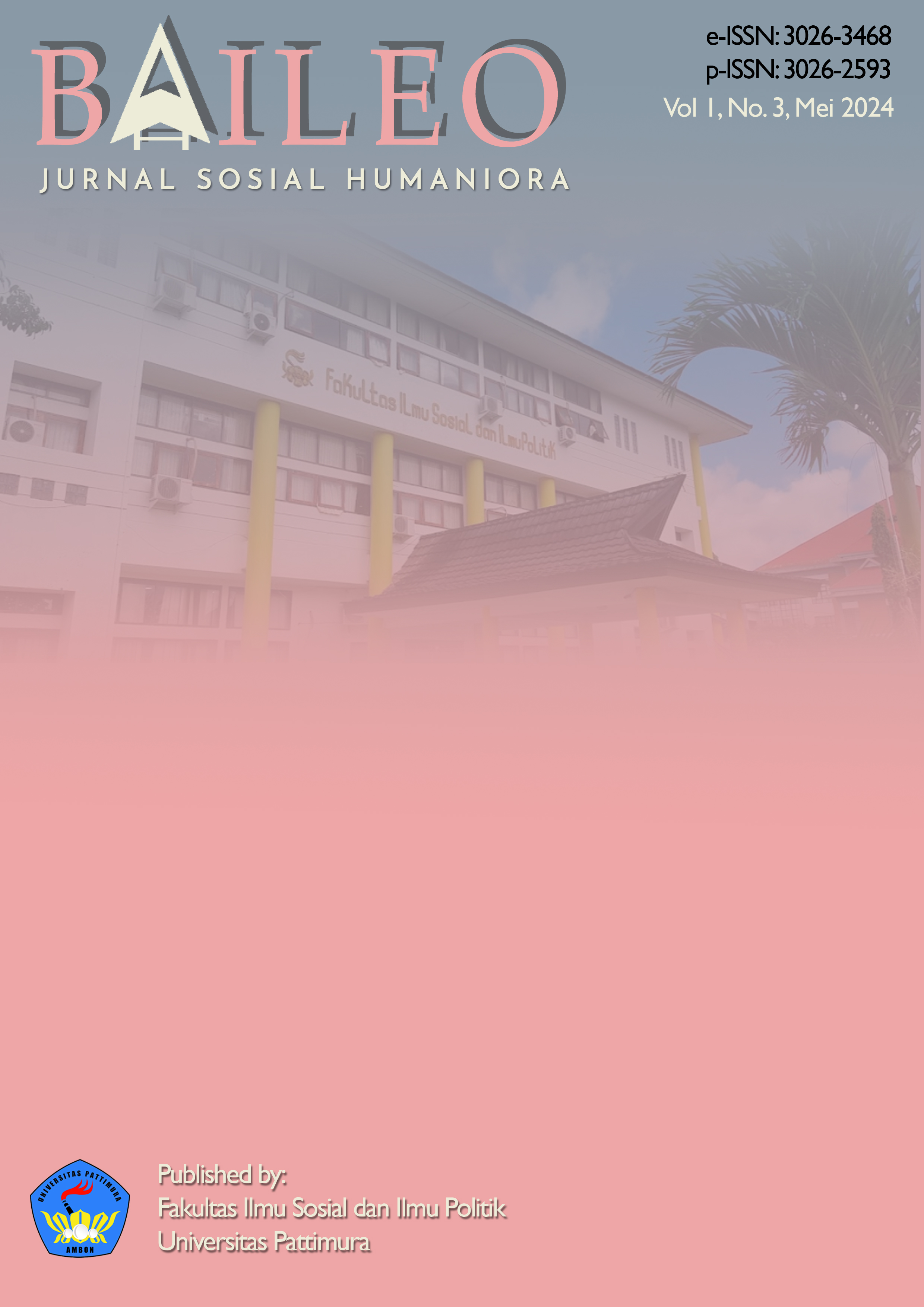Strategies in Communicating and Enforcing COVID-19 Measures: A Rhetorical Analysis
Abstract
This article investigates the rhetorical strategies used by national leaders in communicating and enforcing COVID-19 measures during the global health crisis. The study aims to analyze how persuasive language was employed to influence public behavior and ensure compliance with health protocols. Using a qualitative rhetorical analysis approach, the speeches of four prominent leaders—Donald Trump, Vladimir Putin, Boris Johnson, and Uhuru Kenyatta—were examined to identify the use of classical rhetorical appeals (ethos, pathos, and logos) and linguistic devices such as metaphors, enumeration, and authoritative tone. The findings reveal that each leader strategically adapted rhetorical techniques to their sociopolitical contexts, balancing emotional appeal, credibility, and logical reasoning to motivate collective action. The study highlights how language not only conveys information but also functions as a tool of power and influence, particularly in moments of crisis. The novelty of this research lies in its comparative cross-national approach and its focus on the intersection of rhetoric, leadership, and public health communication. This article contributes to the advancement of social sciences and humanities by offering a framework for understanding political discourse as a persuasive and performative act, and recommends incorporating rhetorical literacy in public communication strategies to enhance crisis response effectiveness in the future.
Downloads
References
Alkhawaldeh, A. A. (2021). Persuasive Strategies of Jordanian Government in Fighting Covid-19. GEMA Online Journal of Language Studies, 21(1). https://doi.org/10.17576/gema-2021-2101-16
Arora, S. D., Singh, G. P., Chakraborty, A., & Maity, M. (2022). Polarization and social media: A systematic review and research agenda. Technological Forecasting and Social Change, 183, 121942. https://doi.org/10.1016/j.techfore.2022.121942
Bamgboye, E. L., Omiye, J. A., Afolaranmi, O. J., Davids, M. R., Tannor, E. K., Wadee, S., Niang, A., Were, A., & Naicker, S. (2021). COVID-19 pandemic: is Africa different? Journal of the National Medical Association, 113(3), 324–335. https://doi.org/10.1016/j.jnma.2020.10.001
Bibri, S. E., & Allam, Z. (2022). The Metaverse as a virtual form of data-driven smart urbanism: On post-pandemic governance through the prism of the logic of surveillance capitalism. Smart Cities, 5(2). https://doi.org/10.3390/smartcities5020037
Bieber, F. (2022). Global nationalism in times of the COVID-19 pandemic. Nationalities Papers, 50(1), 13–25. https://doi.org/10.1017/nps.2020.35
Carbone, M., Lednicky, J., Xiao, S.-Y., Venditti, M., & Bucci, E. (2021). Coronavirus 2019 infectious disease epidemic: where we are, what can be done and hope for. Journal of Thoracic Oncology, 16(4), 546–571. https://doi.org/10.1016/j.jtho.2020.12.014
Clementson, D. E., Zhao, W., & Park, S. (2023). How Intense Language Hurts a Politician’s Trustworthiness: Voter Norms of a Political Debate via Language Expectancy Theory. Journal of Language and Social Psychology, 42(4), 407–430. https://doi.org/10.1177/0261927X231171688
Costello, F. J., & Lee, K. C. (2022). Exploring investors’ expectancies and its impact on project funding success likelihood in crowdfunding by using text analytics and Bayesian networks. Decision Support Systems, 154, 113695. https://doi.org/10.1016/j.dss.2021.113695
Donavin, G. (2023). John Gower’s Rhetoric: Classical Authority, Biblical Ethos, and Renaissance Receptions. https://doi.org/10.1484/M.DISPUT-EB.5.124729
Du, Q., Li, J., Du, Y., Wang, G. A., & Fan, W. (2021). Predicting crowdfunding project success based on backers’ language preferences. Journal of the Association for Information Science and Technology, 72(12), 1558–1574. https://doi.org/10.1002/asi.24530
Flaxman, S., Mishra, S., Gandy, A., Unwin, H. J. T., Mellan, T. A., Coupland, H., Whittaker, C., Zhu, H., Berah, T., & Eaton, J. W. (2020). Estimating the effects of non-pharmaceutical interventions on COVID-19 in Europe. Nature, 584(7820), 257–261. https://doi.org/10.1038/s41586-020-2405-7
Higgins, E. T., Kuiper, N. A., & Olson, J. M. (2022). Social cognition: A need to get personal. In Social cognition (pp. 395–420). Routledge. https://doi.org/10.4324/9781003311386-15
Li, Y., Cabano, F., & Li, P. (2023). How to attract low prosocial funders in crowdfunding? Matching among funders, project descriptions, and platform types. Information & Management, 60(7), 103840. https://doi.org/10.1016/j.im.2023.103840
Maeda, J. M., & Nkengasong, J. N. (2021). The puzzle of the COVID-19 pandemic in Africa. Science, 371(6524), 27–28. https://doi.org/10.1126/science.abf8832
Maricchiolo, F., Gnisci, A., Bonaiuto, M., & Ficca, G. (2020). Effects of different types of hand gestures in persuasive speech on receivers’ evaluations. In Speech Accompanying-Gesture (pp. 239–266). Psychology Press. https://doi.org/10.4324/9781003059783-5
Mohan, B. S., & Nambiar, V. (2020). COVID-19: an insight into SARS-CoV-2 pandemic originated at Wuhan City in Hubei Province of China. J Infect Dis Epidemiol, 6(4), 146. https://doi.org/10.23937/2474-3658/1510146
Narayan, K. M. V., Curran, J. W., & Foege, W. H. (2021). The COVID-19 pandemic as an opportunity to ensure a more successful future for science and public health. JAMA, 325(6), 525–526. https://doi.org/10.1001/jama.2020.23479
Newland, K. (2020). Will international migration governance survive the COVID-19 pandemic. Migration Policy Institute.
Palash, S. M. (2021). Public diplomacy in social media: an examination of Twitter use by foreign embassies in the US.
Pleyers, G. (2020). The Pandemic is a battlefield. Social movements in the COVID-19 lockdown. Journal of Civil Society, 16(4), 295–312. https://doi.org/10.1080/17448689.2020.1794398
Prafitri, W., & Nasir, M. A. A. (2023). Persuasive Strategies in Donald Trump’s Political Speeches. EBONY: Journal of English Language Teaching, Linguistics, and Literature, 3(1), 33–44. https://doi.org/10.37304/ebony.v3i1.7780
Van Prooijen, J.-W., Klein, O., & Milošević Đorđević, J. (2020). Social-cognitive processes underlying belief in conspiracy theories. Routledge Handbook of Conspiracy Theories, 1, 168–180. https://doi.org/10.4324/9780429452734-2_2
Copyright (c) 2024 Nelson Ndiritu

This work is licensed under a Creative Commons Attribution 4.0 International License.




